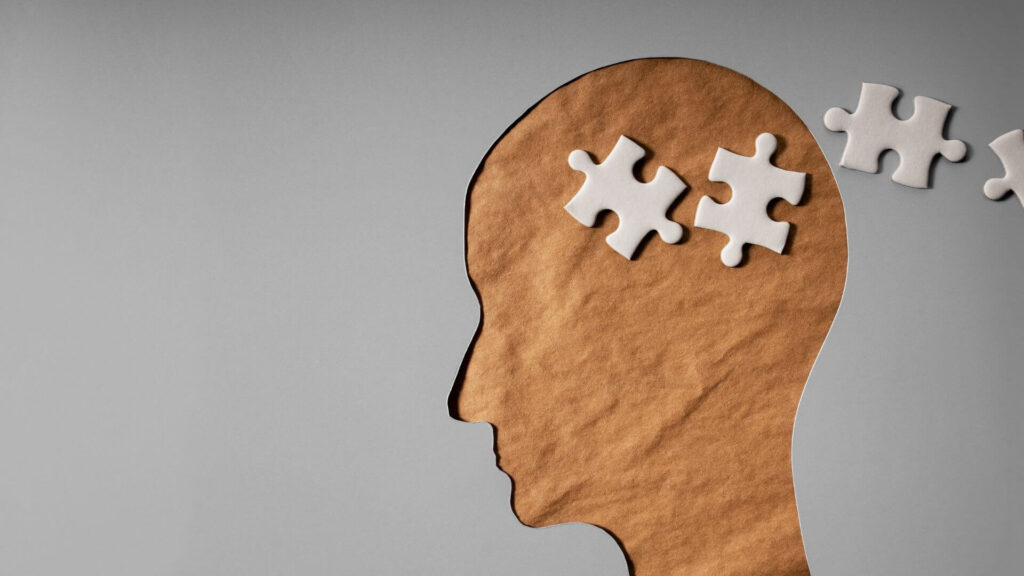Age-related cognitive decline diseases are a nightmare. Dementia is one of them, and though there are no guaranteed ways to prevent or cure them, we may try a few things to improve our brain activities that may help in the future. In this article I’ll try to answer can reading prevent dementia?
Meredith Grey – “And if I get Alzheimer’s and forget you..”
Derek Shepherd – “I will remind you, who I am, every day.”
—Grey’s Anatomy (T.V Series)
The above quote is one of my favorite dialogues from my favorite TV series, Grey’s Anatomy. The series partly speaks about Alzheimer’s and Dementia. As I was writing this article, the scenes from Grey’s Anatomy flashed through my mind.
Research shows that reading could prevent or delay cognitive decline in older people. Now, while this may not work for everyone out there, one way or the other, reading helps to exercise our brain, which has numerous perks in the long run.
In this article, I have tried to explain why and how reading can prevent cognitive decline and the diseases it could result.
Does Reading Prevent Dementia?

Anything we see, do, touch, smell, feel, or sense stimulates neurons and a particular (defined) part of our brain. This means that anything we can do is a function of the stimulated neurons engaged in the activity. As active the neurons in our brain are, as healthy and faster will be our brain responses and actions.
Reading is an activity that involves the combined work of visual sensory areas, auditory networks, language receptors, and memory areas of our brain. It means that tens of thousands of neurons will be activated when you sit down to read a page of your favorite mystery novel. As a bunch of neurons is stimulated when you read, your brain is active and focused on that book page.
Cognitive decline happens when the neurons age and lose their stimulation and activation energy. As the neurons are kept engaged during the reading activity, they remain fresh and robust.
Also, as you are utterly involved in reading every word of every page of the book, your brain becomes busy comprehending what you read as quickly as it can. This process seeds the formation of new neurons inside your brain. It can expand the amount of time your brain remains active.
So yes, apart from the many hundred benefits of reading, helping us to safeguard and prevent ourselves from diseases caused by cognitive decline is one of them.
How Does Reading Prevent Dementia?

A study was published in the Boston Medical Centre for psychiatry based on the NART – National Adult Reading Test. This test evaluates the patient’s reading ability. It was concluded that a lower rating in the NART had a higher rate for those diagnosed with Dementia.
There was another research conducted in the UK. Out of the 457 people who were diagnosed with Alzheimer’s disease, the researchers found that people with the highest levels of activity, on average, developed dementia at age 94. The people with the lowest brain activity levels developed dementia at age 89.
This UK research supports “use it or lose it.” It means that the higher the activation function of the brain, the lesser will be the earlier onset of Dementia. The research shows us that we can manipulate about 40 percent of dementia risk-producing factors.
While many other factors like physical health, nutritious diet, and much more, keeping the active brain is predominant in delaying the onset of dementia.
What Is a Cognitive Decline?

Our body gets tired and deteriorates with age, and so does our brain. Our brain functions as a result of the active neurons. With age, there may be a fall in the number of active neurons, which may lead to a decline in the functioning rate of the brain.
It is referred to as cognitive decline, which is our brain’s slowed-down rate of response and attention to the process of receiving information, communication, memory, and much more related to our intelligence.
Cognitive decline leads to Alzheimer’s, Dementia, depression, or substance abuse. While there is still a lot of research going as the early diagnosis, medications, and treatments for these diseases, there are ways in which we can try to prevent this cognitive decline, and keeping our brain active is one of them. The early symptoms of cognitive decline may include memory lapses, lack of focus, restlessness, confusion, lack of decision-making, etc.
How does your brain react to your reading activity?

The whole process of reading—from choosing a book to putting in some real effort to focus on every word you read, requires serious action from the brain.
This means that as soon as you wish to read, the signals from your brain tell you to choose a great book, pick the right place to read, and help you comprehend all the content you would like to read. This keeps the brain active throughout the reading session, bringing in some organic brain activities.
The relationship between increased brain activity and brain functioning is defined as cognitive reserve. This is similar to the exercises that lead to healthy muscle building.
The brain does not get weary with all the functioning somewhat gets refreshed every time you do something to awaken it, exercise it. As reading occupies a significant proportion of our lifetime, the more you read, the more active your brain will be.
Other Ways of Preventing Dementia

Reading alone cannot prevent Dementia. There are a lot of root causes for this disease. So a lot of measures are there that we could take to safeguard ourselves from these.
While reading is one, other activities may play a role in this. Maintaining a proper diet, weight, height, and a healthier lifestyle could help. A healthier lifestyle begins with a good diet. It also involves being socially active and happy.
Keeping yourself happy and at peace would push you to do things you are always interested in. It would have positive impacts on your health as well as your life. It is no surety that any of these could prevent the diseases literally. But these may also help.
Conclusions | Can Reading Prevent Dementia?
We need to be more aware and conscious of our brain health. But looking after our brain health as early as possible is crucial. There is a thin line of difference between brain health and mental health. We were doing activities that would keep you mentally healthy and at peace and can also play a part in keeping your brain healthy.
Your brain may need special care because it is still a physical organ responsible for all our mental activities.
As flexible and active as your body is, as healthy as it would be. The same goes for the brain too. And by flexible, I mean being able to do everything it is supposed to do, from language reception to memory, all at the same rate now and then.
Though this may not be possible, keep it fresh and engaged in making your life easier. Read more! Live more! Happy reading!
Do also checkout Some of my articles mentioned below.




